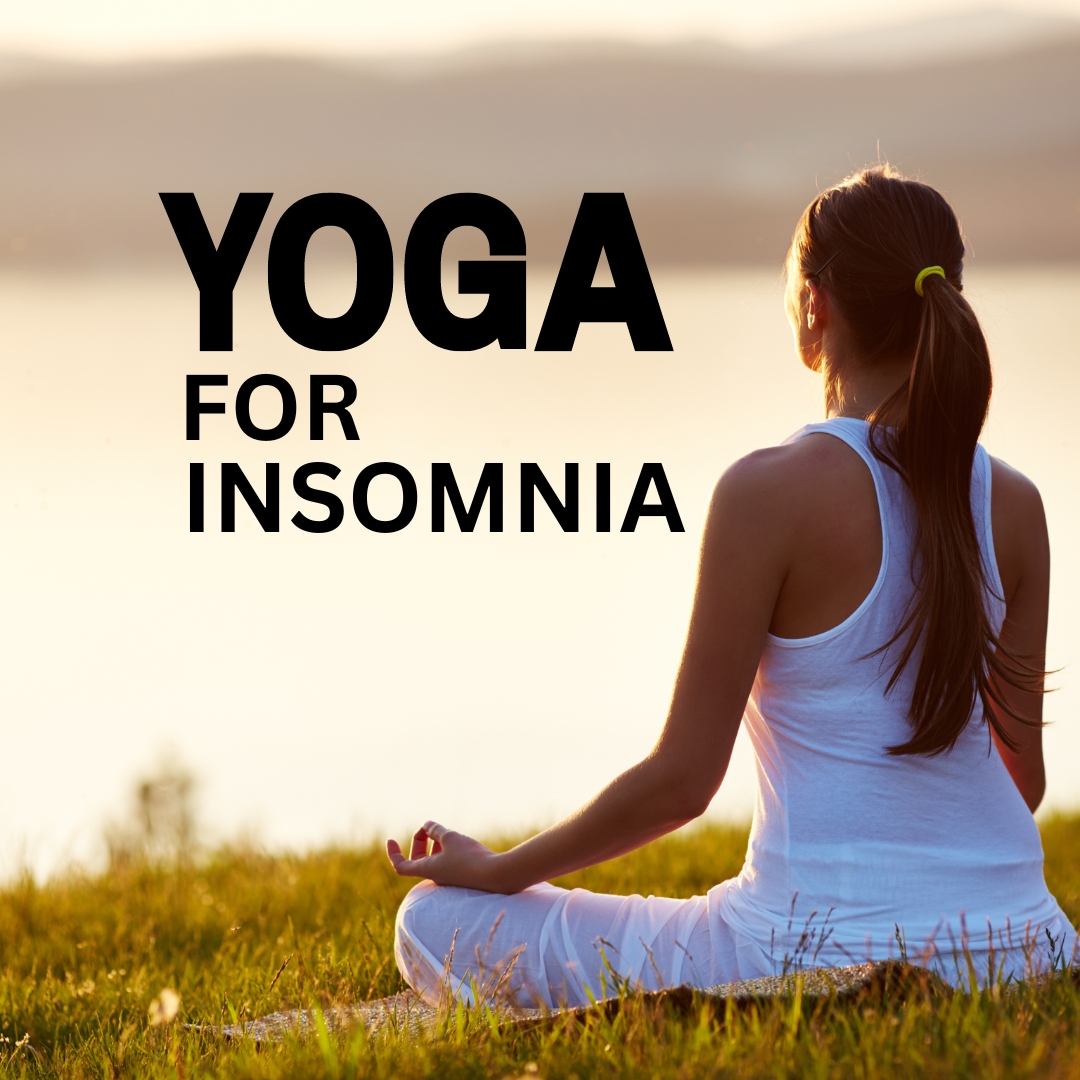A quick guide about Insomnia and Yoga – Yoga for Insomnia
A quick guide about Insomnia and Yoga – Yoga for Insomnia
Are sleepless nights taking a toll on your well-being? If you find yourself tossing and turning in bed, unable to embrace a good quality of sleep, it might be time to consider the soothing power of yoga. In this guide, we’ll explore the relationship between insomnia and yoga, offering you simple yet effective practices to reclaim your restful nights. Yoga for insomnia can be the solution you are searching for!
Understanding Insomnia and Yoga: A Holistic Approach to Yoga for Insomnia
Insomnia and Yoga: These two words may hold the key to your sleep struggles. Insomnia is a prevalent sleep disorder affecting a significant number of people globally. To understand how yoga for insomnia works, we need to understand the root causes of insomnia. Several factors contribute to the prevalence of insomnia:
- The fast-paced, demanding nature of modern life often leads to increased stress and anxiety levels. Persistent worries and racing thoughts can make it challenging to unwind and fall asleep.
- Irregular work schedules, long hours, or inconsistent sleep patterns can disrupt the body’s natural circadian rhythm. Shift work, in particular, can interfere with the body’s internal clock, making it difficult to establish a regular sleep routine.
- Excessive use of electronic devices, especially before bedtime, exposes individuals to blue light that can suppress melatonin production. Melatonin is a hormone crucial for regulating sleep-wake cycles, and its disruption can contribute to insomnia.
- Unhealthy sleep habits, such as irregular sleep schedules, a lack of a bedtime routine, and an uncomfortable sleep environment, can negatively impact sleep quality and contribute to insomnia.
- Various medical conditions, such as chronic pain, arthritis, respiratory disorders, and hormonal imbalances, can interfere with sleep. Mental health issues like depression and bipolar disorder are also associated with a higher risk of insomnia.
- Consuming stimulants like caffeine and nicotine, especially close to bedtime, can interfere with sleep.

Insomnia and Yoga are closely connected. But what is Yoga?
Yoga is a 5000 year old practice that intertwines physical postures, breath control, meditation, and ethical principles to promote overall well-being. Yoga for insomnia has proven to be a valuable ally for those struggling with insomnia. Here’s how yoga for insomnia can contribute to a better night’s sleep:
- Stress Reduction: Yoga’s mindful breathing and relaxation techniques create a calming space to release tension, reducing the impact of stress on sleep.
- Mind-Body Connection: Yoga fosters a deeper connection between the mind and body, promoting mindfulness to break the cycle of overthinking and worry associated with insomnia.
- Relaxation Techniques: Specific yoga poses, like Child’s Pose and Legs Up the Wall, combined with intentional breathing, induce physical and mental relaxation through the simulation of important hormonal glands.
- Regulation of the Nervous System: Yoga activates the parasympathetic nervous system, promoting a state of relaxation and regulating the sleep-wake cycle.
Why Yoga for Insomnia Works
Yoga for insomnia addresses insomnia on a holistic level, tackling both the physical and mental aspects of sleeplessness. The gentle stretches and mindful breathing activate your parasympathetic nervous system, signaling to your body that it’s time to unwind. As you embrace the serenity of yoga, you create a peaceful transition from the busyness of the day to the tranquility of the night. The activation of the endocrine system creates healthy levels of anti-stress hormones and helps you to relax and sleep naturally.
Insomnia and yoga can coexist for a restful night. By incorporating these simple yoga practices into your bedtime routine, you invite a sense of calm and relaxation. Remember, consistency is key. Embrace the soothing power of yoga, and let it guide you to the peaceful sleep you deserve and need.
Why It’s Important to Learn Yoga Properly and Under Guidance
It’s very important to learn yoga correctly and in its health-improving, traditional context under the guidance of an experienced teacher. Why? So that you get most out of it, understand the postures, alignment and benefits. Each pose and technique come along with cautions so it’s important to understand which technique to do and not to do and when. At Yoga India Foundation, we have specialized in providing authentic yoga education that teaches you all the know-how behind yoga.
Our foundational 100 Hour Yoga Teacher Training in India and 200 Hour Yoga Teacher Training in India can be completed as a residential course in Rishikesh or online.
